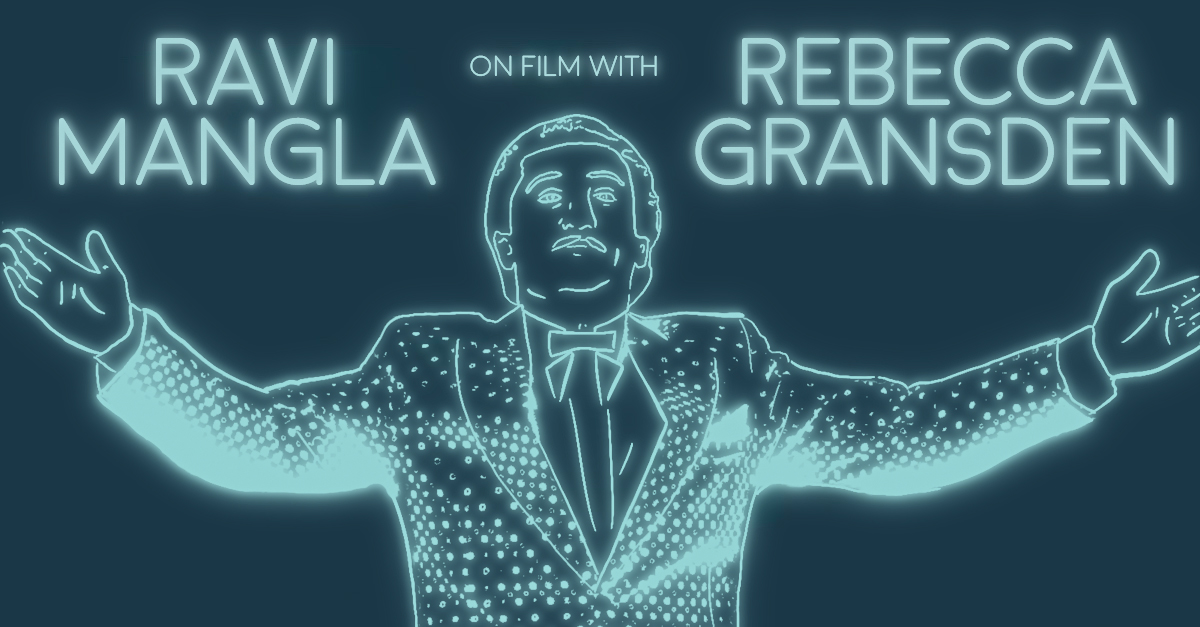What film, or films, made the first deep impression on you?
Antonioni was my entry into what you might call serious film (though I’m not sure I totally love the phrase “serious film”). I remember watching L’Avventura and Blow Up in my early 20s and being fascinated with how the films do away with traditional plotting and character building. They draw you in with mood and mystery, pose questions that may never be resolved. Antonioni’s work taught me that storytelling can tread quietly; it doesn’t have to rap you over the head with exposition or deliver what’s expected.
What films first felt transgressive to you? Do you remember being secretive about any films you watched growing up?
Watching Boogie Nights for the first time felt like a transgressive act. I was nine years old when it came out, and while I didn’t see it until several years later, I couldn’t have been older than 14 or 15. So watching a film about the porn industry and Dirk Diggler’s prodigious prick felt like I was breaking some kind of rule.
Are there any films that define your formative years?
Indiana Jones at the Temple of Doom—a strange film for an Indian family to own (it’s incredibly racist). I grew up in a household with the unfortunate circumstance of owning every series’s worst entry on VHS: Indiana Jones and the Temple of Doom, Return of the Jedi, and Batman Forever. I watched these films dozens of times and only saw their much better predecessors years later.
Can you talk about the influence film has had on your writing?
Film has played a major role in my writing over the years. Video, broadly speaking, is the medium people interact with most on a daily basis, so I think contemporary fiction has some obligation to engage with it (if aiming to render the world as it exists).
I’m a fan of novels about film—especially Steve Erickson’s Zeroville and Nathanael West’s The Day of the Locust. My new novel The Observant (which opens with a quote from the Iranian director Abbas Kiarostami) concerns a documentary filmmaker who is imprisoned in a foreign country and then forced to make a film about the country’s dictator in exchange for his freedom. It blends my love of film with my professional background in political organizing.
What directors, film movements, or particular actors have been an influence?
It’s ever changing. Early on I felt a kinship with Antonioni and Malick. And maybe the earnestness moves me less now (even if the visuals remain stunning). Lately I’m more interested in strange tones or collisions between high and low culture, so I’ve really been enjoying revisiting Brian De Palma, Paul Verhoeven, and John Carpenter. I’ll also say that Hirokazu Kore-eda’s films have been a revelation of late (highly recommend After Life).
Are there films you associate with a particular time in your life, or a specific writing project?
My first novel Understudies was influenced in part by Martin Scorsese’s The King of Comedy (which is probably my favorite Scorsese film). The documentarian character in The Observant is in the mold of a Joshua Oppenheimer or Laura Poitras. So I associate journalistic or politically-minded documentaries—like The Act of Killing, Citizenfour, or The Edge of Democracy—with this new book. I also watched a lot of Iranian films during the writing process, so This Is Not a Film, About Elly, and Close-Up (among other titles) are inextricably linked to the novel.
Are there films you regularly return to, and do you know why?
The films I revisit probably have more to do with memory than serving as some creative touchstone. I grew up with a mother who loved drawing room mysteries. (We watched a lot of Poirot on PBS.) So I’ll often rewatch Gosford Park out of nostalgia. I still love the fact that Robert Altman made a British drawing room mystery. Maybe I’ll try my hand at writing one some day.
Are there films that are reliable for inspiring your creativity?
This might be an unusual answer: Wim Wenders’s Pina is inspiring to me. I don’t know much about dance, but I find the pieces—and the way they’re filmed—enthralling. Pina Bausch died while the documentary was in pre-production and Wenders initially called off the film before he was convinced by the dancers to move forward. So his ability to adapt to the circumstances and create a beautiful film—with the subject absent—teaches me that creative obstacles can be overcome.
Which of your writings would adapt most successfully to film?
I think my latest book The Observant could translate to film relatively easily. (And yes, that’s an open invitation to filmmakers.)
Can you give some film recommendations for those who have liked your writing?
The Observant is a slow-burning thriller about film and politics, so De Palma’s Blow Out feels like a strong companion piece. A Man Escaped by Robert Bresson and High and Low by Akira Kurosawa are excellent slow-burning thrillers. There’s also a lot of dark and deadpan humor in my writing, so I recommend The King of Comedy by Martin Scorcese and Force Majeure by Ruben Östlund.

